Our Grants
2025 Special Grants
In 2025, the National Recreation Foundation awarded 11 Special Grants for a total of $936,000.
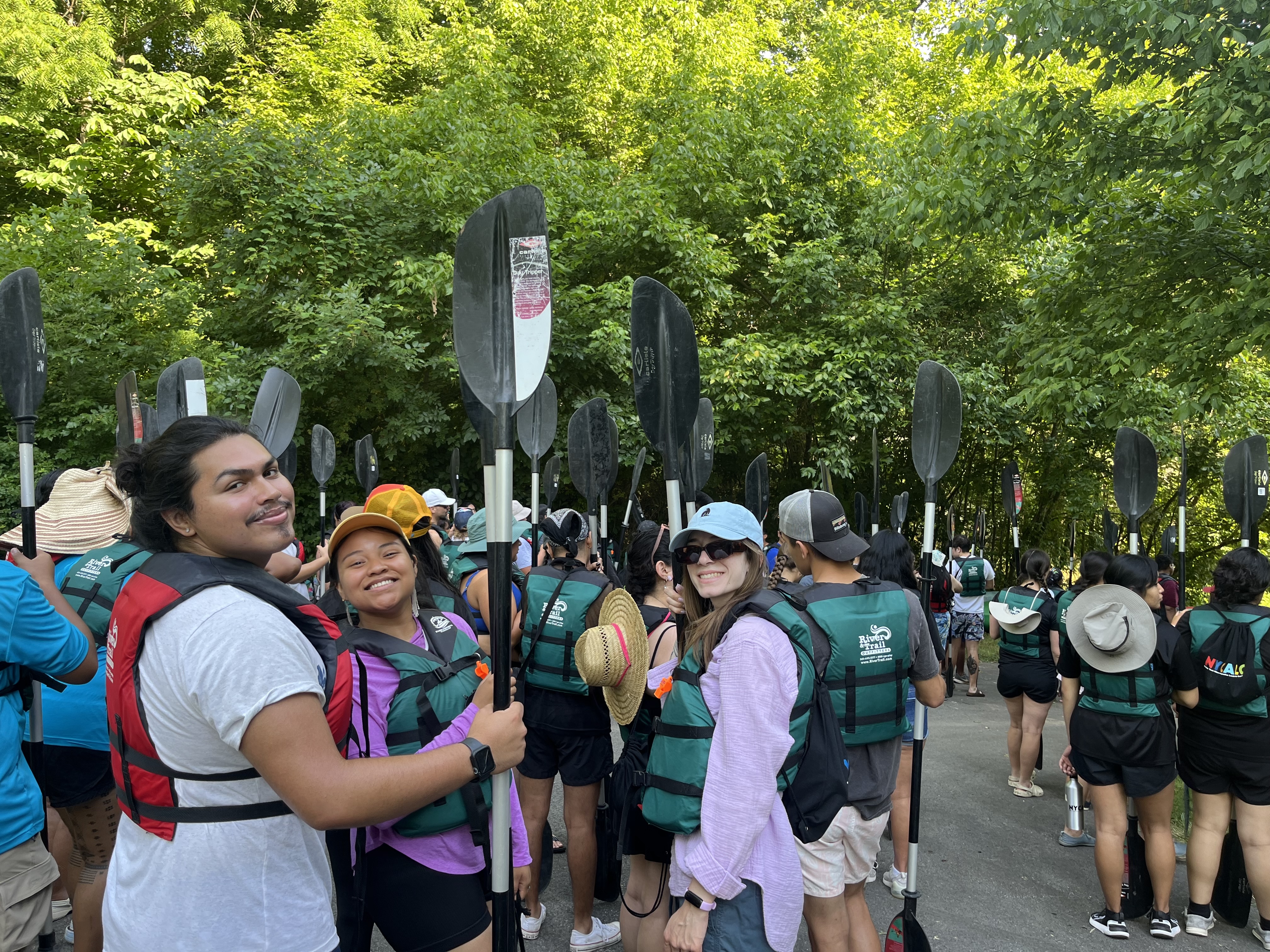
Aspen Institute Forum For Community Solutions
- Washington, D.C.
- Website: aspencommunitysolutions.org
- Grant amount: $85,000
Too many young people struggle with a day-to-day lack of safety, physical activity, equitable access to the outdoors, confidence, and support. Aspen Institute Forum for Community Solutions’ Fresh Tracks program is scaling its operations to broaden its reach, enhance community impact, and provide a robust leadership pipeline of young leaders across the country. At the core of Fresh Tracks is a three-to-five-day training expedition that includes leadership workshops (focused on leadership, teamwork, and problem-solving skills), outdoor activities (to build resilience, self-confidence, and connection to nature), and cultural exchange for Native American and urban youth. Fresh Tracks also builds strategic partnerships with host partners (local NGOs, government agencies, educational institutions, and community organizations that help with recruitment, provide local context, and ensure the sustainability of the project’s impact) and develops community action plans. Train the Trainer Summits are held for graduates of the initial training expeditions for participants to further develop leaders, enhance their skills and ensure sustainability through continuity and growth of the program.
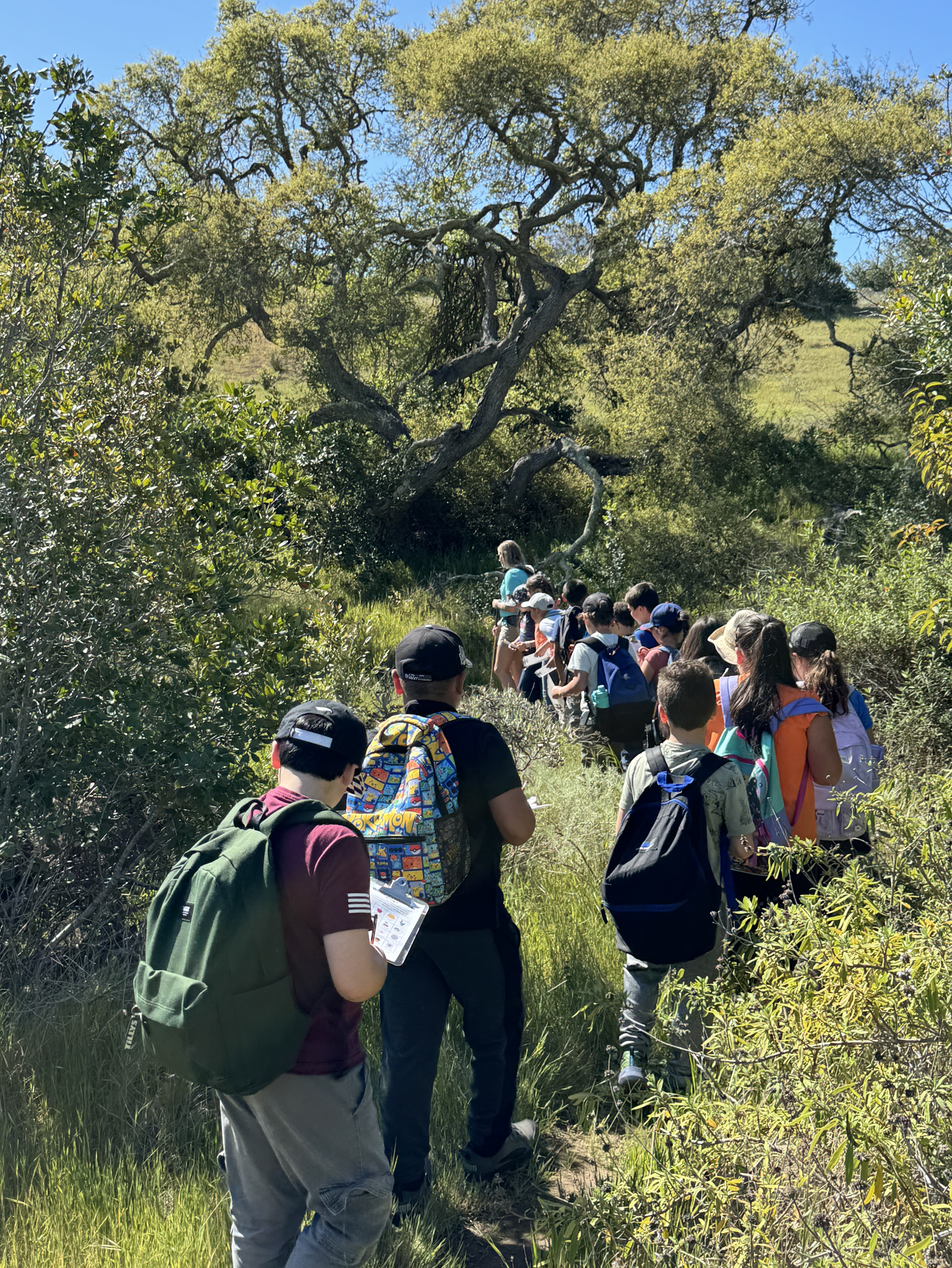
Catalina Island Conservancy
- California
- Website: catalinaconservancy.org
- Grant amount: $100,000
Most Avalon youth spend their lives in the one-square-mile town of Avalon (on Santa Catalina Island) without access to nature recreation or science enrichment, despite having over 48,000 acres of land to explore adjacent to their community. The Catalina Island Conservancy’s (CIC) mission is to be an exemplary steward of Island resources through a balance of conservation, education, and recreation. CIC is building on the success of its Island Explorers and Garden Explorers initiatives by introducing three new recreational initiatives that engage youth with the outdoors. It is expanding its high school programming with two new outdoor offerings—nature journaling and rare plant conservation; introducing snorkeling and swimming activities into a new summer program for elementary and middle school students; and installing interpretive signage at the Wrigley Memorial & Botanic Garden, to make it more accessible to young learners who utilize this resource as part of the Island Explorers program. CIC is also continuing to implement its program for grades K-8, offering Avalon youth a unique opportunity to explore Catalina Island, which is an experience usually out of reach because of socioeconomic pressures on parents and caregivers.
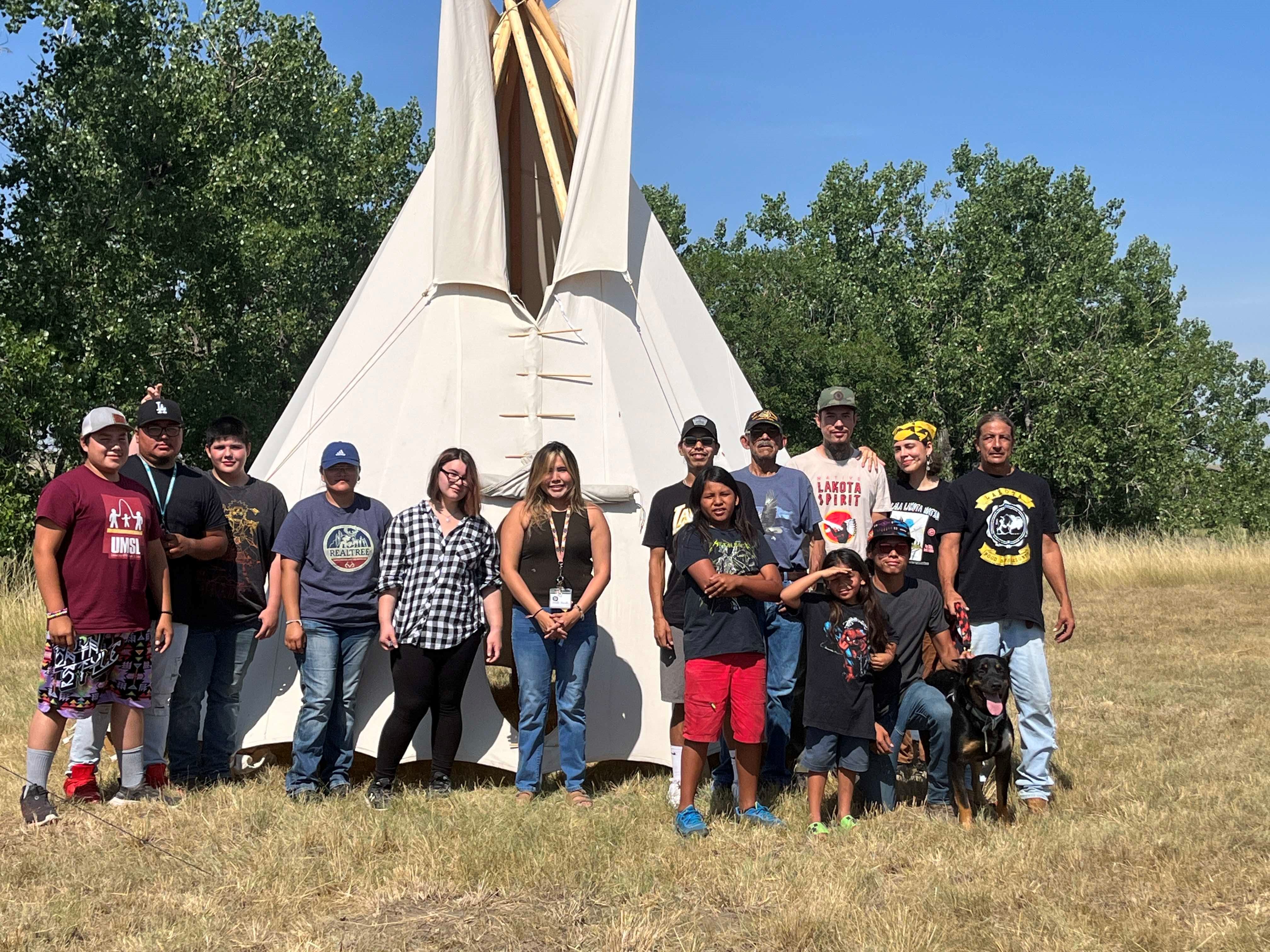
Cheyenne River Youth Project
- South Dakota
- Website: lakotayouth.org
- Grant amount: $100,000
As the largest and most utilized after school program on the Cheyenne River Reservation, Cheyenne River Youth Project’s (CRYP) work is vital to the community. CRYP recently purchased 39 acres of land adjacent to Mato Paha (Bear Butte) for its new Lakota Cultural Camps. The camps help youth, ages 13-18, reclaim their culture and deepen their connection to their ancestors. The youth are immersed in teachings, sacred places, and traditional foods in a space once freely roamed by their ancestral relatives, which is now being returned to them. Campers sleep in tipis, forage for traditional foods that they learn to prepare, fish, and hike. They play traditional games, visit sacred spaces, learn the language, and learn about and participate in ceremonies like the sweat lodge. Camps are structured as weeklong and long-weekend adventures. CRYP staff run each camp and are supported by teens participating in its leadership and workforce development programs, giving them a chance to put their new skills to work with their peers.
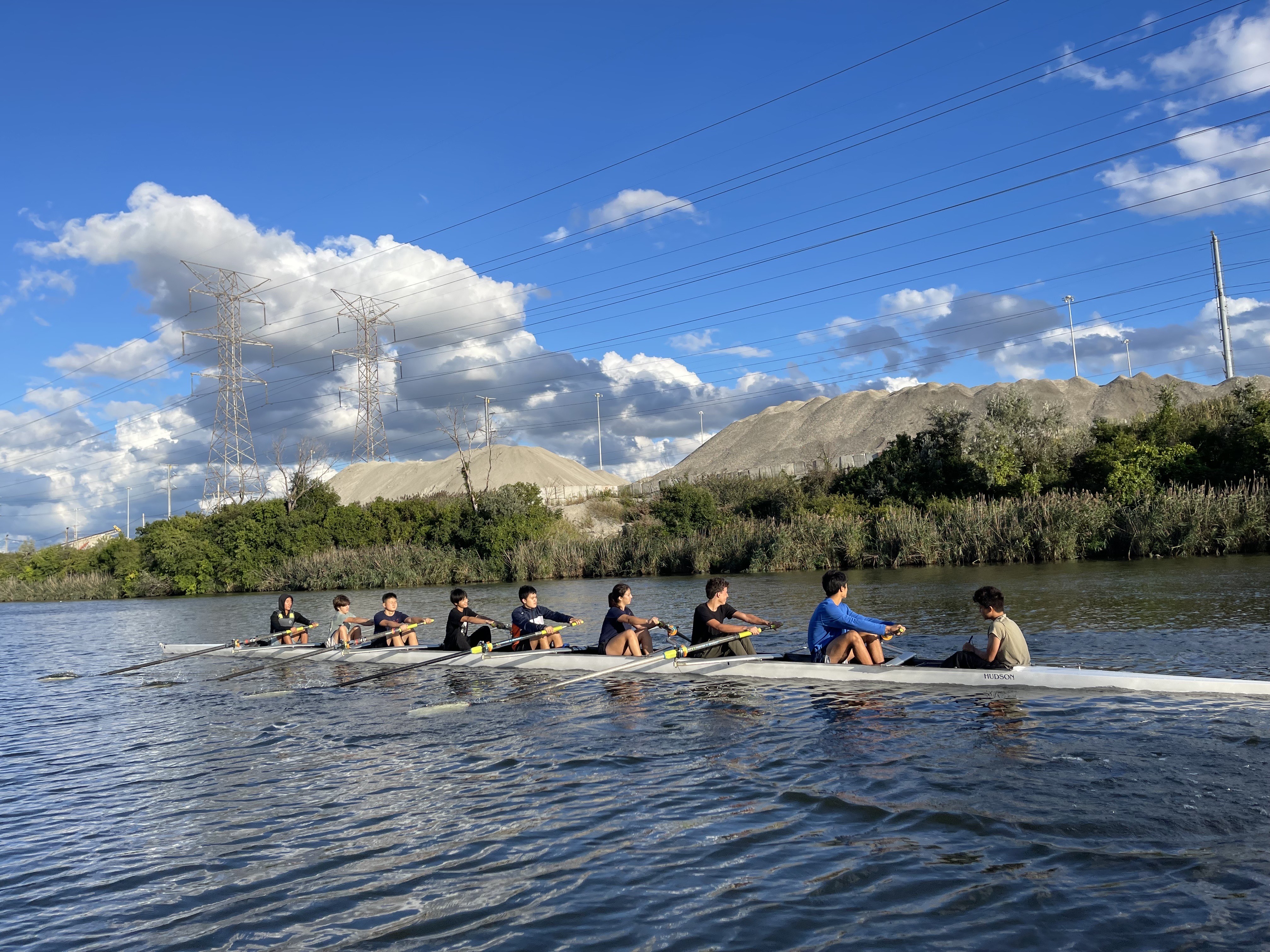
Chicago Training Center
- Illinois
- Website: chicagotrainingcenter.org
- Grant amount: $100,000
Chicago Training Center (CTC) aims to address the lack of access to athletic and educational opportunities for young adults from under-resourced communities through its rowing programs. CTC is piloting a rowing program that specifically targets young adults, ages 18-24, with limited resources. This program provides these young adults with the opportunity to engage in the transformative sport of rowing at minimal cost. By participating in this program, individuals develop physical fitness, discipline, teamwork, and leadership skills, which are transferable to all other areas of their lives. The program fosters self-esteem and a sense of achievement, helping participants build confidence and resilience. Additionally, by traveling to and competing in regattas, participants gain exposure to new environments and broader communities, expanding their horizons and networks.
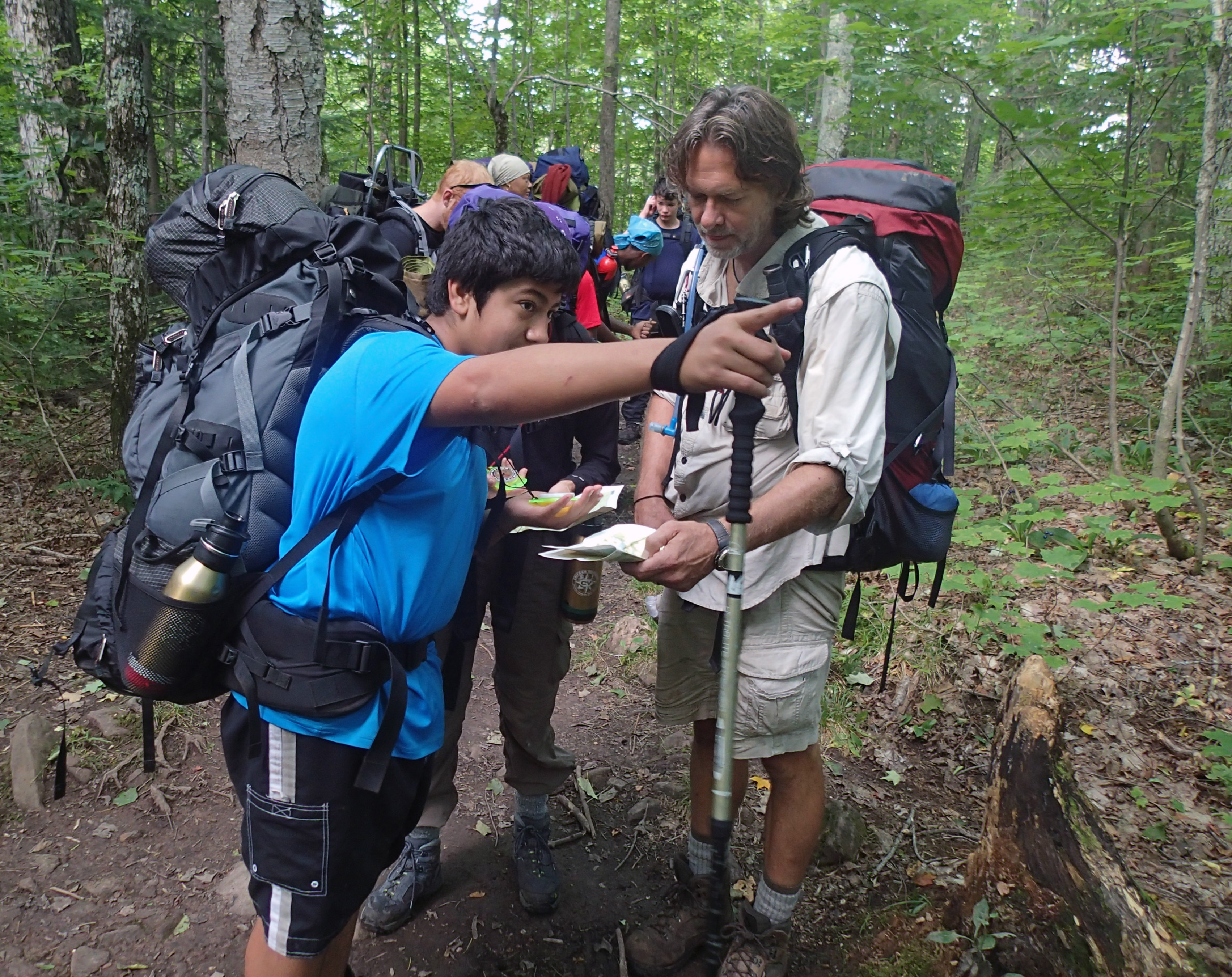
Chicago Voyagers
- Illinois
- Website: chicagovoyagers.org
- Grant amount: $75,000
Chicago Voyagers’ (CV) mission is to empower youth impacted by injustices through adventure therapy programs that foster healthy relationships and skills for life success. It prioritizes communities that have faced decreases in social safety nets and public programs, and partners with area schools and community organizations. CV is launching launch two new Voyage programs in Waukegan, Illinois, an area marked by significant need, where systemic challenges, such as higher-than-average poverty rates and food insecurity, significantly impact youth. The Voyage program will engage youth in multi-year commitments, deeply involving participants throughout their middle and high school years with a range of evidence-based experiential outdoor adventures such as hiking, backpacking, camping, canoeing, and mountain biking. All adventures include activities designed to engage youth and help them with personal development, exploration, and growth.
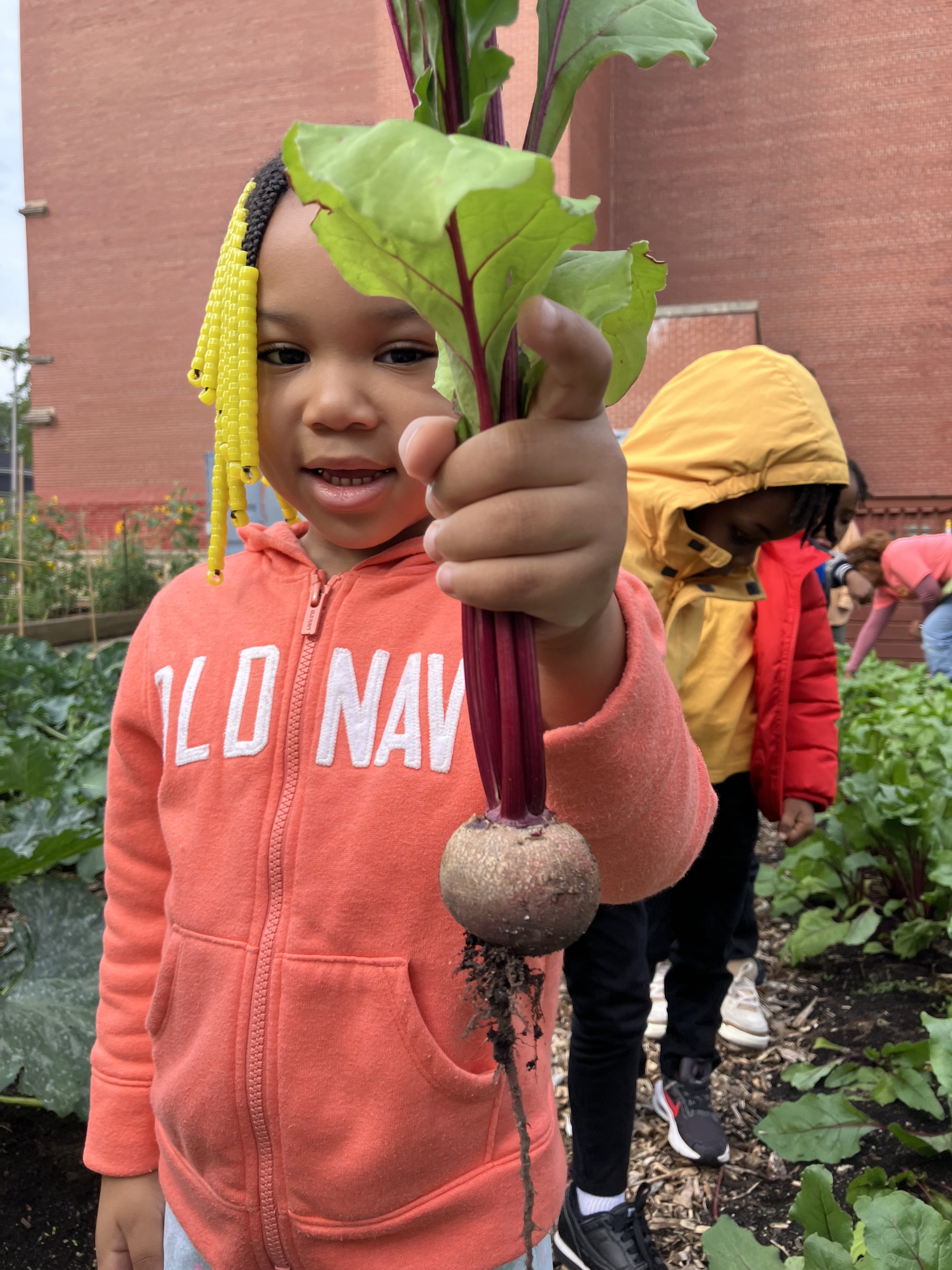
Gardeneers
- Illinois
- Website: gardeneers.org
- Grant amount: $60,000
Gardeneers seeks a world where every human has access to fresh, nourishing food, and all neighborhoods are healthy and sustainable. It works in Chicago’s South- and West-side schools and operates an urban farm in North Lawndale to contribute to the larger food system. By localizing food production, community members participate in a food system that now includes them, creating a larger ecosystem of human connection around food equality and food access, as well as developing future leaders in the food justice movement. Gardeneers partners with schools to grow and maintain vibrant, learning gardens, engaging students in full-service, customized 10-week spring and fall programs and 6-week summer programs. Its curriculum, tailored to different age groups and facilitated by a team of Garden Educators, is centered on food justice, based on three pillars of learning: supporting student nutrition, experiencing nature, and connecting with communities. Through the collective work of the students and team, 6,255 pounds of produce was grown, harvested, and donated to communities through farm stands, community workshops, and food distribution partners this past year.
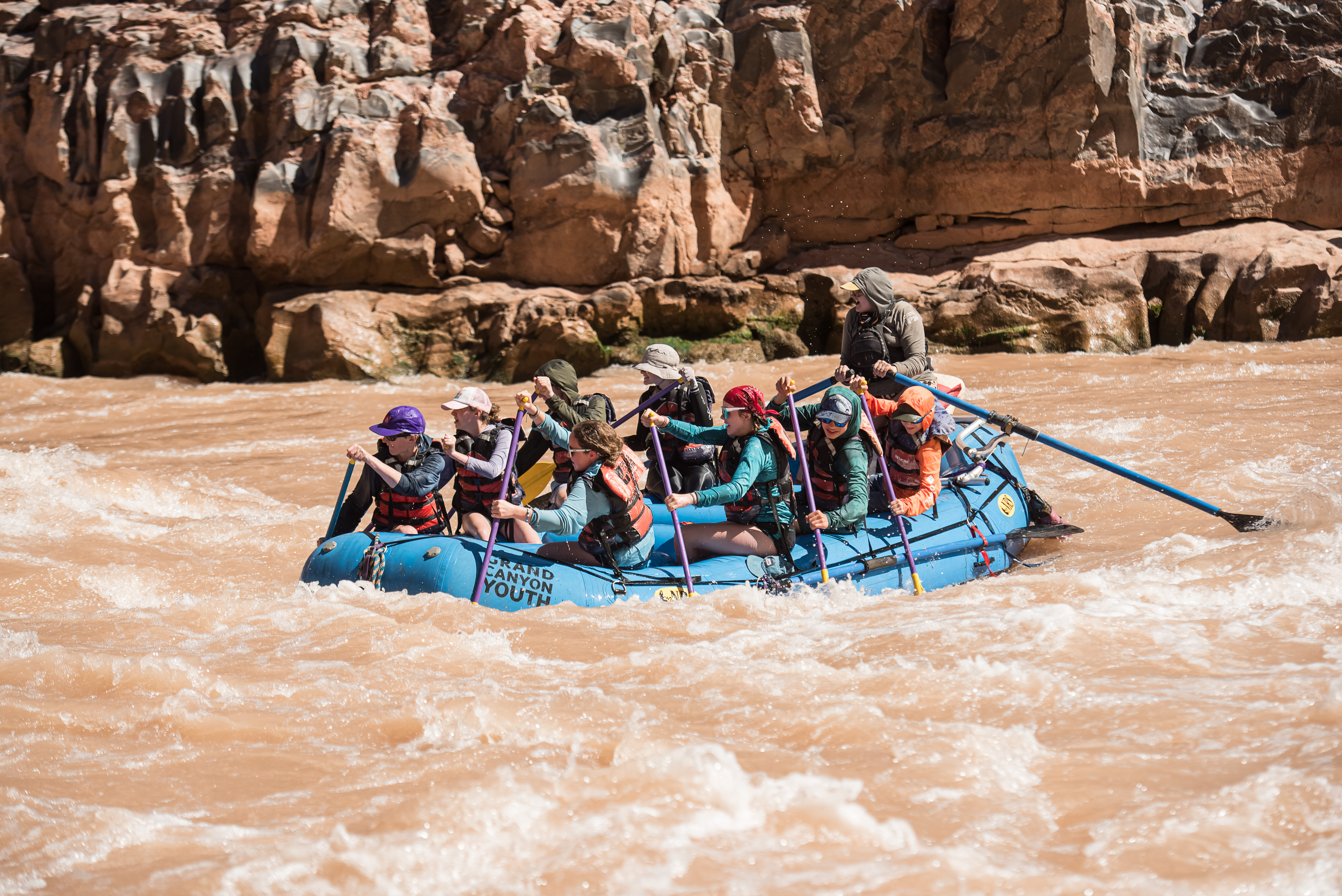
Grand Canyon Youth
- Arizona
- Website: gcyouth.org
- Grant amount: $70,000
Rafting the Colorado River, as it runs through Grand Canyon National Park, is an unparalleled, immersive, and transformative experience. Grand Canyon Youth (GCY) was selected as a Grand Canyon National Park collaborator (to help connect youth to the park) and recently signed a new agreement to double the GCY’s access to the river. GCY is the only nonprofit that runs rafting expeditions in the Grand Canyon exclusively for youth. Before the expeditions begin, youth participate in a 10-week online and interactive curriculum. During rafting trips, the youth spend 9 to 16 days immersed in the depths of the Grand Canyon. They are fully engaged in daily life on the river—preparing meals, exploring side canyons, and sleeping beneath the stars. The expeditions also connect youth to community science and art projects as a way to incorporate the lessons learned into everyday life.

Ironwood Tree Experience
- Arizona
- Website: ironwoodtreeexperience.org
- Grant amount: $97,000
To create healthy and resilient communities, Ironwood Tree Experience (ITE) makes it possible for Southern Arizona teens to engage with the natural world and be stewards of the environment through place-based environmental education and wellness programs. ITE’s Down to Earth program, weaves together youth programming, teacher professional development, and storytelling. When teachers experience outdoor recreation skills through reconnecting to nature, they become ITE’s strongest, most enduring allies in engaging youth outdoors. The teachers engage in activities that highlight Sonoran Desert ecology while developing outdoor recreational skills. Students from Title 1 schools experience outdoor recreation skill building (such as camping, backpacking, and hiking), environmental education and learning how nature promotes individual and community health, and storytelling through creative expression during the field excursions.
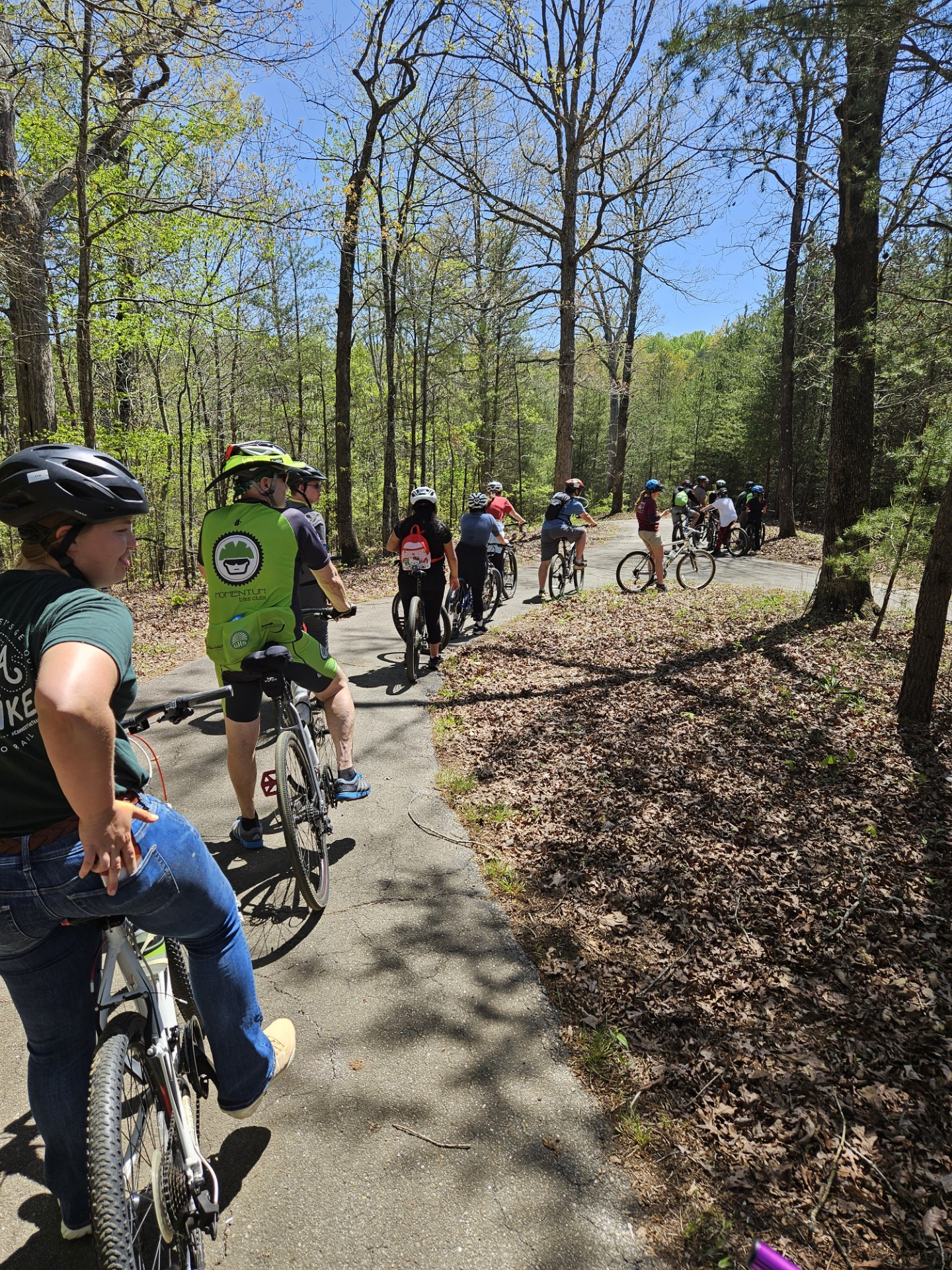
Momentum Bike Clubs
- South Carolina
- Website: momentumbikeclubs.org
- Grant amount: $100,000
Research shows that having a consistent, caring adult who shows unconditional positive regard is the single strongest intervention for young people who have multiple levels of trauma and risk. Momentum Bike Clubs (MBC) transforms the lives of adolescent students through its comprehensive youth development program that uses cycling as a platform to foster and sustain mentoring relationships. MBC serves youth, ages 11-18, who face multiple risk factors and an accumulation of childhood trauma, from under-served communities and schools in South Carolina’s Greenville and Pickens counties. MBC is expanding its middle school bike club programming and introducing high school bike clubs in order to continue its relationships with the middle school youth, as many of the youth have expressed a desire to keep riding with MBC as they transition to high school. MBC is also expanding its pool of mentors to include Clemson University and local high school students, creating opportunities for youth to share their stories and the community’s history with others through cycling.
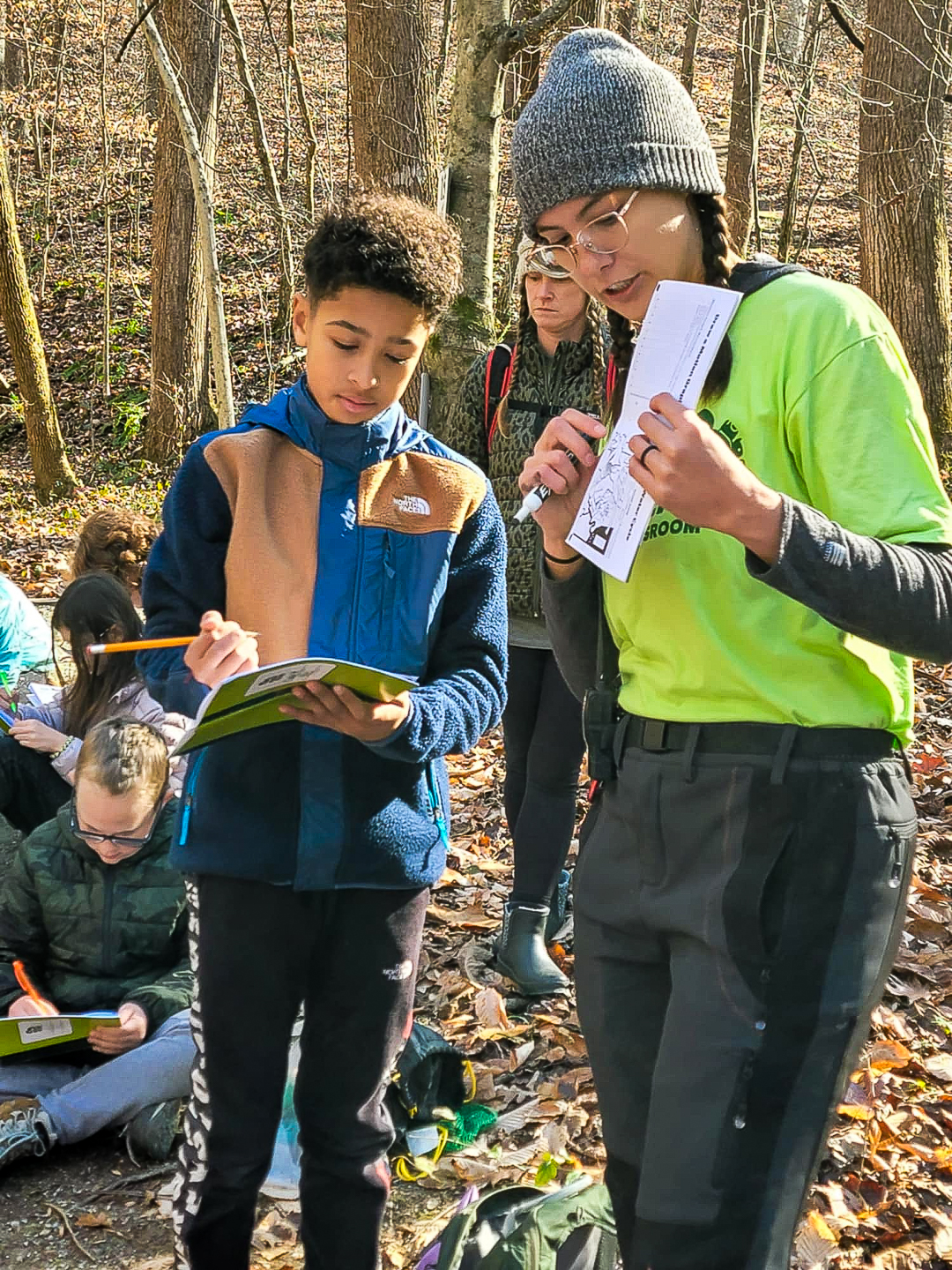
Muddy Sneakers
- North Carolina
- Website: muddysneakers.org
- Grant amount: $100,000
Muddy Sneakers is a leader in outdoor environmental education in North Carolina. It operates at the crossroads of outdoor science instruction, public education, and conservation to awaken in children a deeply felt connection to the natural world. Muddy Sneakers’ Outdoor Education program operates year-round to facilitate curriculum and experiences that bring learning to life for more than 3,000 5th grade public school students each year. Muddy Sneakers’ programming includes field and outreach expeditions, virtual adventures, classroom connections, and test preparation for the NC Essential Standards for Science test. Programming is proven to increase science knowledge, science confidence, and critical thinking skills among students, as well as general interest in and enjoyment of the subject.
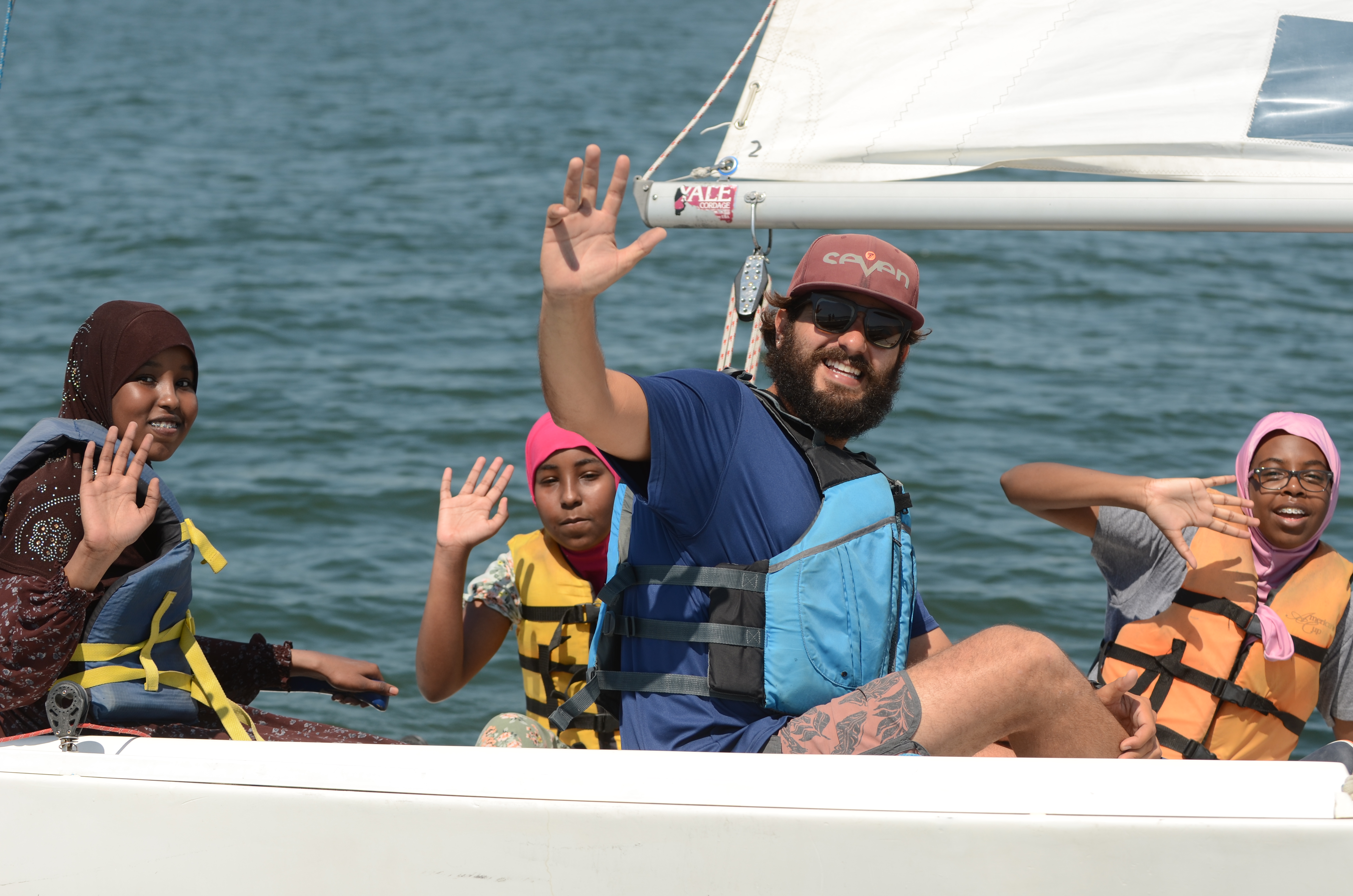
SailMaine
- Maine
- Website: sailmaine.org
- Grant amount: $49,000
SailMaine addresses the lack of access to outdoor recreation for youth from underserved communities by offering free sailing lessons through its cornerstone community program, City Sailors. City Sailors provides youth (ages 6 to 18) from southern Maine communities access to the water, so they can learn to sail, as a vehicle for personal growth, and as a connection to nature and the environment. City Sailors programming includes access to sailboats, instructors, facility, transportation, food, sailing gear, and additional programming opportunities.
